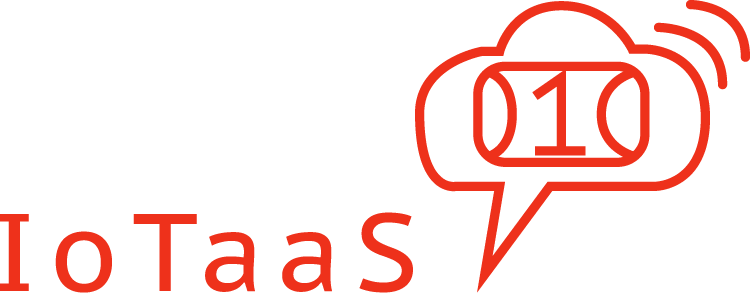Scope
The digital world is changing each and every aspect of our lives upside down. The emerging technologies like Artificial Intelligence (AI), Machine Learning (ML), Big Data and the Internet of things (IoT) have transformed various sectors. The education sector is no exception to this transformation especially during the pandemic. The increased use of smart tools has driven the popularity of IoT in digital learning and safety of everyone in the whole ecosystem, i.e., teachers, students, and the educational institutions. The concept of smart classrooms has further augmented the presence of IoT, where the learning environment is substantially more robust owing to the availability of tools such as smart boards, VR headsets, etc. The use of these ensures that the teachers can monitor the students’ progress throughout the course and identify the problems and the resulting shortcomings. These tools enhance teachers’ grading and evaluation process by facilitating efficiency and reducing any biases. The role of AI cannot be ignored as it can automate the basic activities in education by grading virtually all kinds of multiple choices and fill-in-the-blank testing and automated grading of student writing may not be far behind. In fact, in the near future, it is anticipated that more and more students being tutored by tutors that only exist in zeros and ones. The convergence of AI and IoT will certainly benefit from the advancement in big data technologies for smart education as the connected devices in classroom and campuses of educational institutions are supposed to generate data on massive scale that needs to be refined for abstraction and virtualization.
This convergence of IoT, big data and Artificial intelligence will lead us to a smart education system of the future that will have a long-lasting effect on the way we learn and taught in smart campuses. However, there are numerous challenges faced by this convergence that needs to be sought. The aim of this special issue is to resolve these challenges to ensure the seamless presence and benefits of this convergence felt for smart education system globally.
Topics
- Surveys on converging emerging technologies for smart education system
- Big data analytics for smart education system
- Use of latest technological trends in IoT for smart education system
- AI, deep learning and machine learning for smart education system
- Convergence of AI, big data and IoT for smart education system
- Intelligent and futuristic applications of smart education system
- Model-driven data mining and visualization frameworks for smart education
- Vulnerabilities and security solutions for Big Data generated by a smart education system
- Cloud and edge-driven approaches for smart education management system
Publication
All registered papers will be submitted for publishing by Springer and made available through SpringerLink Digital Library.
Proceedings will be submitted for inclusion in leading indexing services, such as Web of Science, Compendex, Scopus, DBLP, EU Digital Library, Google Scholar, IO-Port, MathSciNet, Inspec, and Zentralblatt MATH.
Authors of selected best accepted and presented papers will be invited to submit an extended version to:
All accepted authors are eligible to submit an extended version in a fast track of:
- EAI Endorsed Transactions on Industrial Networks and Intelligent Systems (Open Access) – recently accepted for inclusion in Scopus
- EAI Endorsed Transactions on Internet of Things (Open Access)
Additional publication opportunities:
- EAI/Springer Innovations in Communications and Computing Book Series
(titles in this series are indexed in Ei Compendex, Web of Science & Scopus)
Paper submission
Papers should be submitted through EAI ‘Confy+‘ system, and have to comply with the Springer format (see Author’s kit section).
All conference papers undergo a thorough peer review process prior to the final decision and publication. This process is facilitated by experts in the Technical Program Committee during a dedicated conference period. Standard peer review is enhanced by EAI Community Review which allows EAI members to bid to review specific papers. All review assignments are ultimately decided by the responsible Technical Program Committee Members while the Technical Program Committee Chair is responsible for the final acceptance selection. You can learn more about Community Review here.
Important dates
Full Paper Submission deadline
5 November 2021
Notification deadline
25 November 2021
Camera-ready deadline30 November 2021 01 December 2021
Special Track Chairs:
- Prof. Mengji Chen, Hechi University, China
- Dr Main Jan, Abdul Wali Khan University Mardan, Pakistan
- Dr Muhammad Imran, Department of Computer Science, Abdul Wali Khan University Mardan, Pakistan

